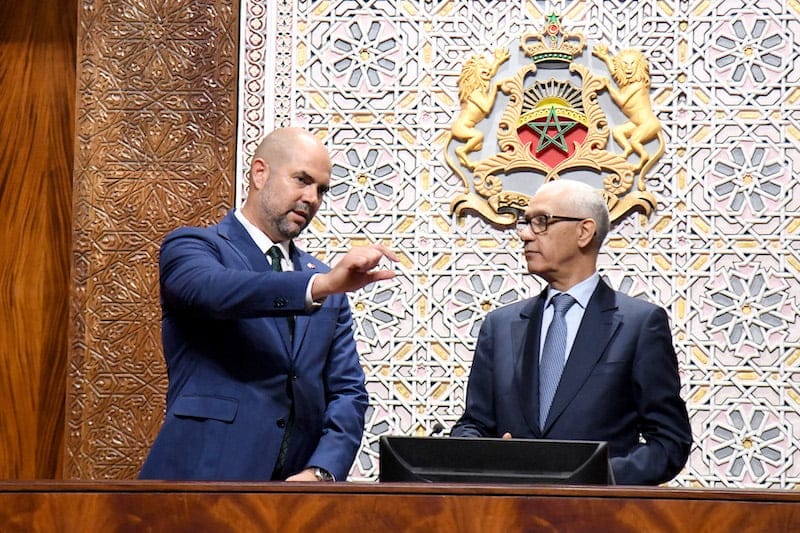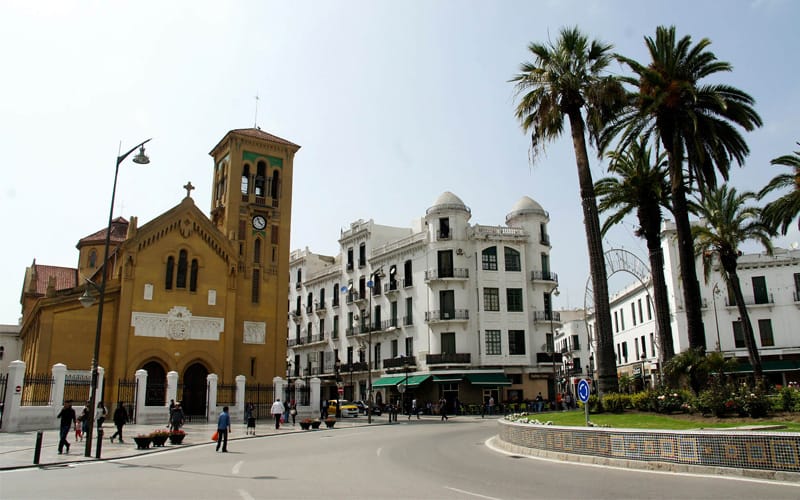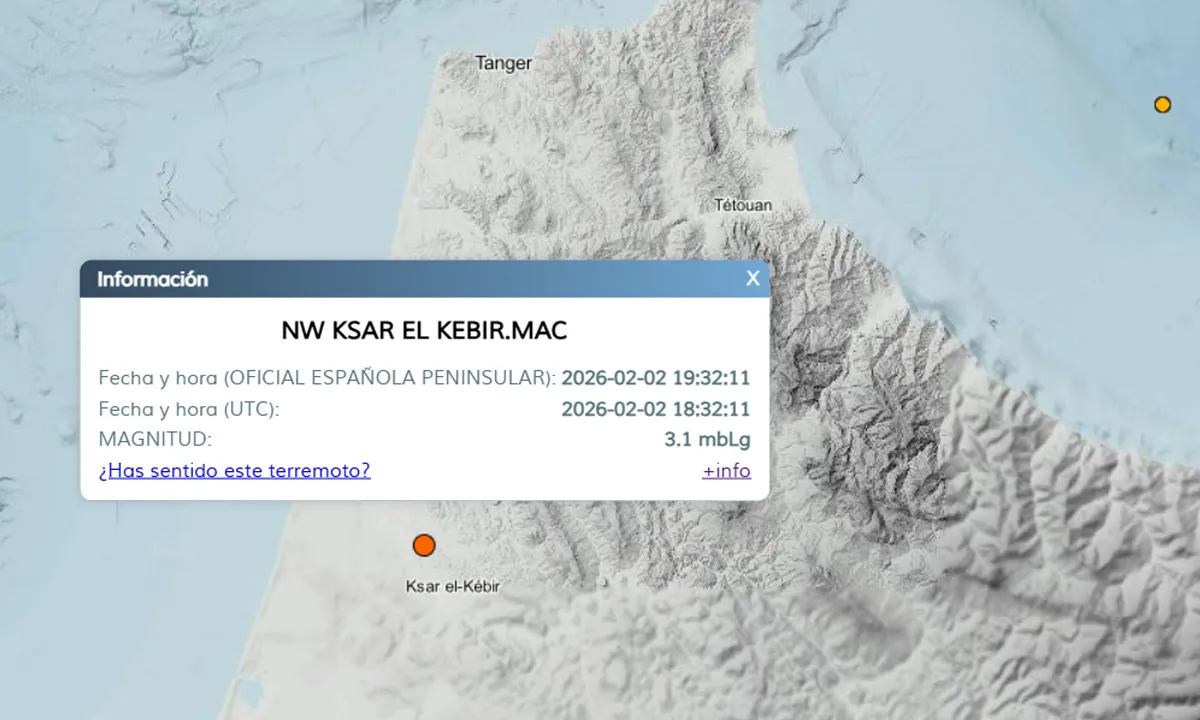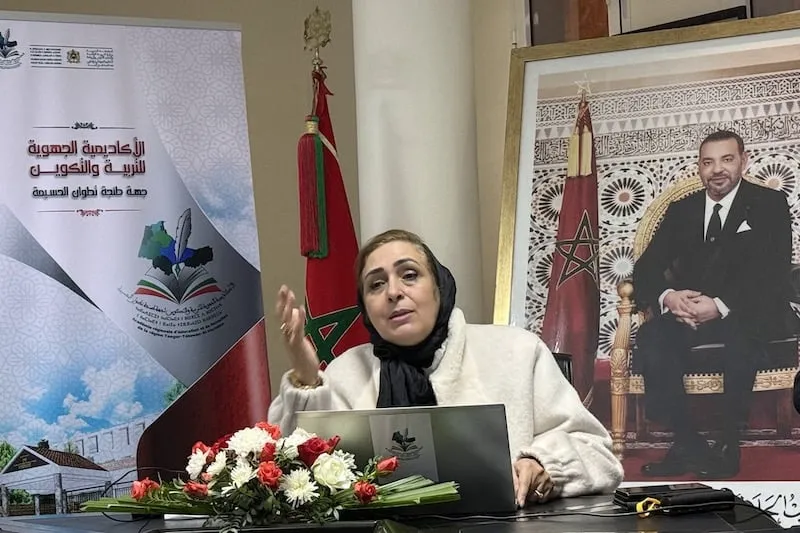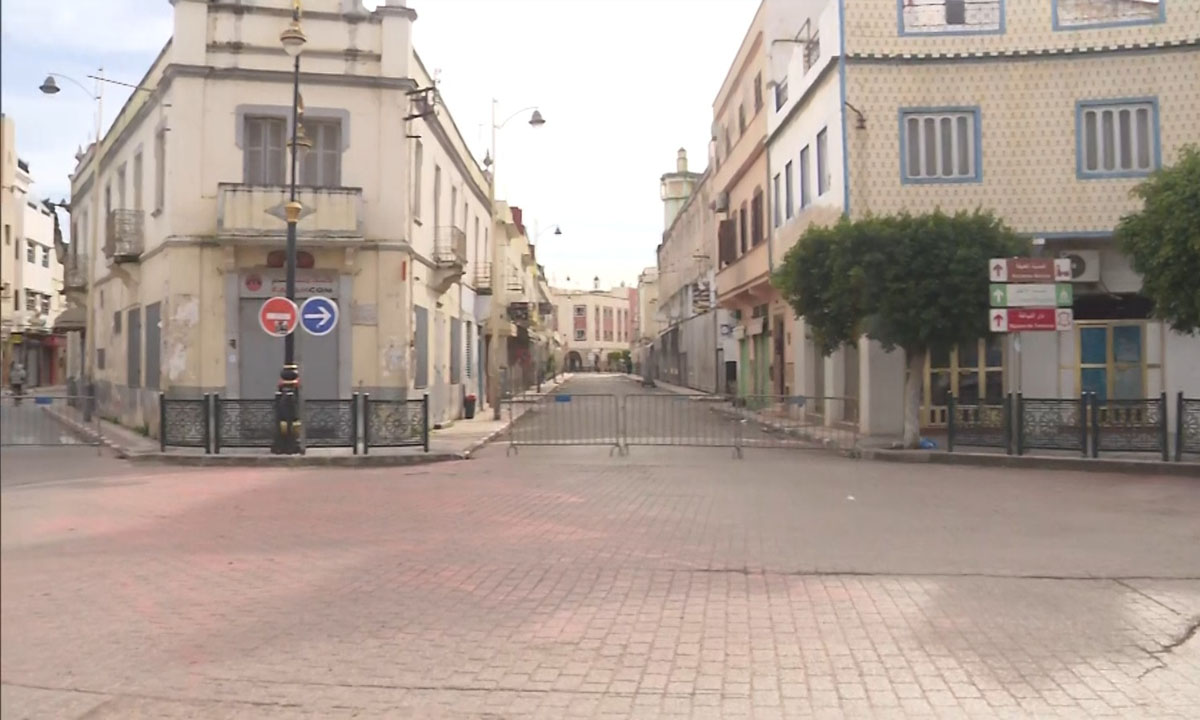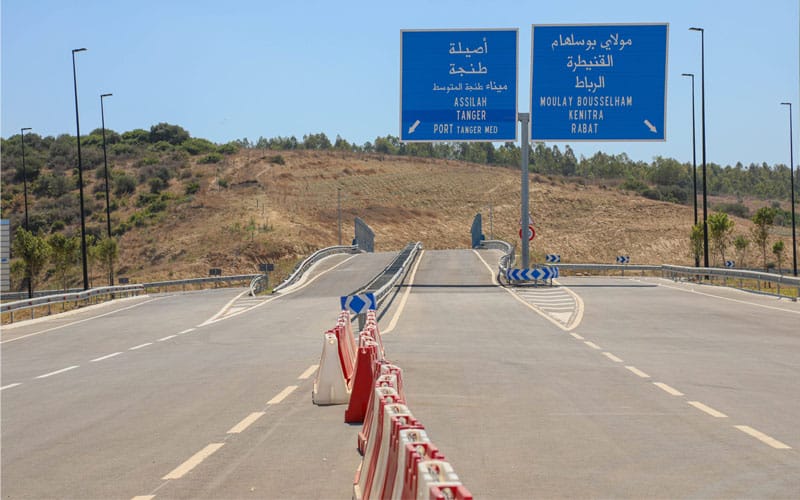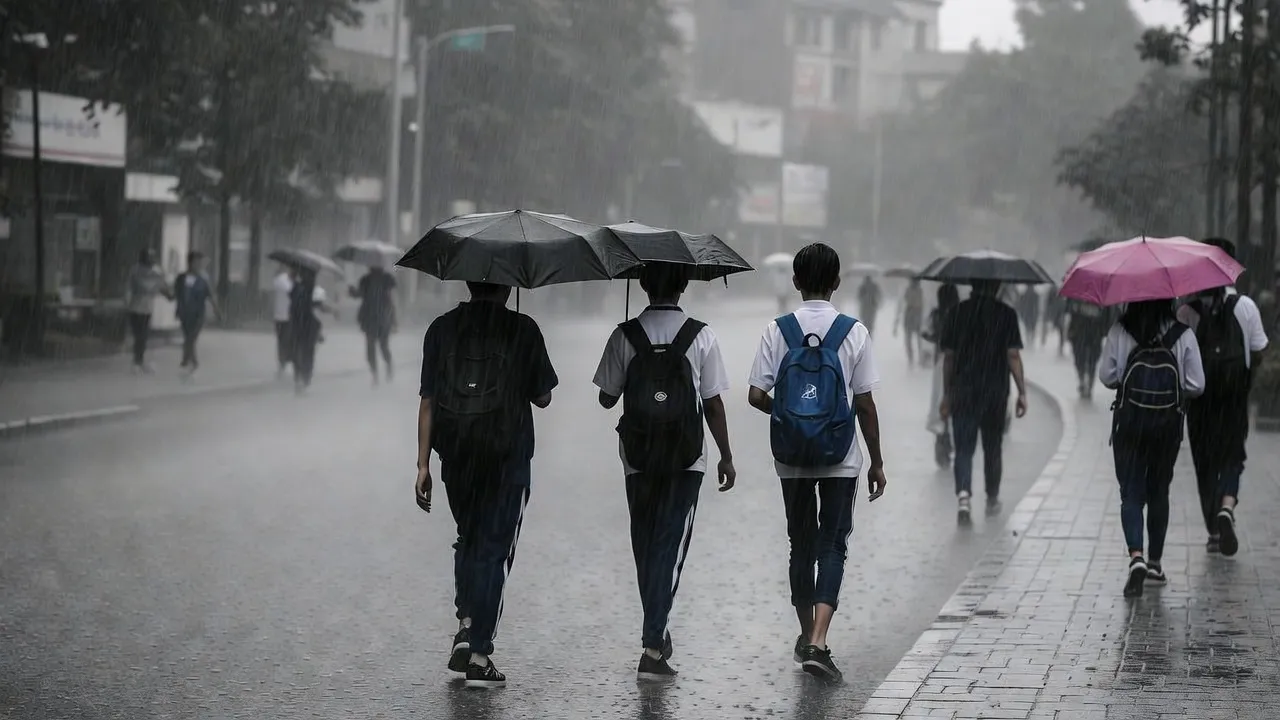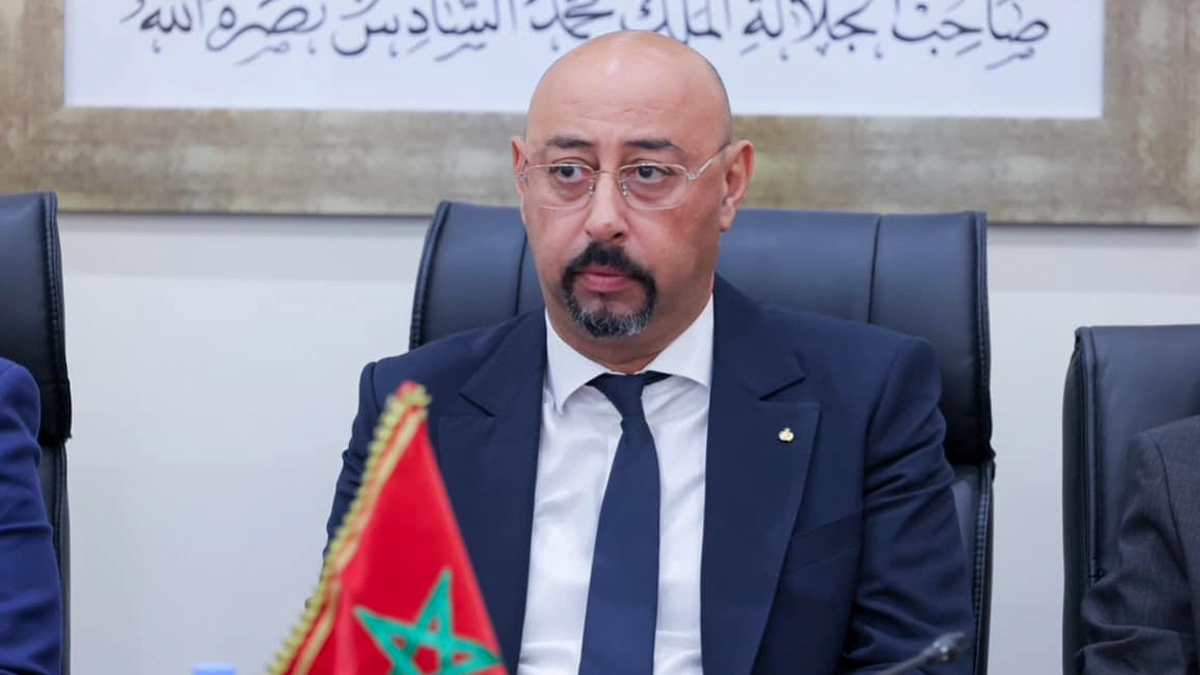Rachid Talbi Alami Advocates for Two-State Solution at Parliamentary Summit
During the ninth summit of the Parliamentary Assembly of the Union for the Mediterranean held in Malaga, Moroccan House of Representatives President Rachid Talbi Alami emphasized that the two-state solution is the only viable political pathway to resolve the Israeli-Palestinian conflict.
This proposal, supported by Morocco under King Mohammed VI, who chairs the Jerusalem Committee, aims to establish a fair and lasting peace in the region. Talbi Alami noted that such a solution could counter extremism and pave the way for mutual coexistence and development.
A Foundation for Stability and Development
Talbi Alami reiterated that the two-state solution is essential for achieving peace in the Euro-Mediterranean region. It would safeguard the legitimate rights of the Palestinian people to establish an independent state with East Jerusalem as its capital, in accordance with international law. He pointed out that ongoing conflict fuels violence and extremism, hindering development and perpetuating instability. He stressed that redirecting regional resources towards development requires a just political resolution that respects all parties’ rights.
Ceasefire in Gaza: An Urgent Priority
The President highlighted the urgent need for a ceasefire in Gaza as a critical step towards achieving peace. Drawing on Morocco’s steadfast positions articulated by King Mohammed VI, he underscored the necessity of ending military escalation to protect civilians and facilitate dialogue and negotiation. He warned that the continuation of violence risks returning the region to cycles of war and resentment, straying far from the objectives of the Madrid and Oslo agreements aimed at securing a historic peace.
Migration: Challenges and Solutions
Talbi Alami addressed the issue of migration, a central topic on the agenda during Spain’s presidency of the Parliamentary Assembly. He explained that wars, conflicts, climate imbalances, and underdevelopment are primary drivers of irregular migration and displacement. He called for correcting misconceptions surrounding migration, emphasizing its positive role in the development of host countries. Additionally, he highlighted the importance of addressing the root causes in countries of origin and praised the exemplary cooperation between Morocco and Spain in managing migrant flows with a humanitarian approach that respects human rights.
Mediterranean Region: A History of Solidarity and Coexistence
In concluding his address, Talbi Alami stressed the importance of drawing lessons from the Mediterranean region’s history, which has been a cradle of civilization and values of solidarity and coexistence. He called for enhanced dialogue and cooperation among countries in the region to confront shared challenges, including conflicts, migration, and climate change, to ensure a prosperous future for all.
Talbi Alami reaffirmed that the issues of peace in the Middle East, ceasefire in Gaza, and migration management are significant challenges requiring international collaboration and joint efforts. Morocco, through its consistent positions, underscores the need for finding fair solutions that respect international legitimacy and promote stability and development in the Euro-Mediterranean region. He concluded that upholding values of solidarity and coexistence remains the path toward a better future for the region’s peoples.




